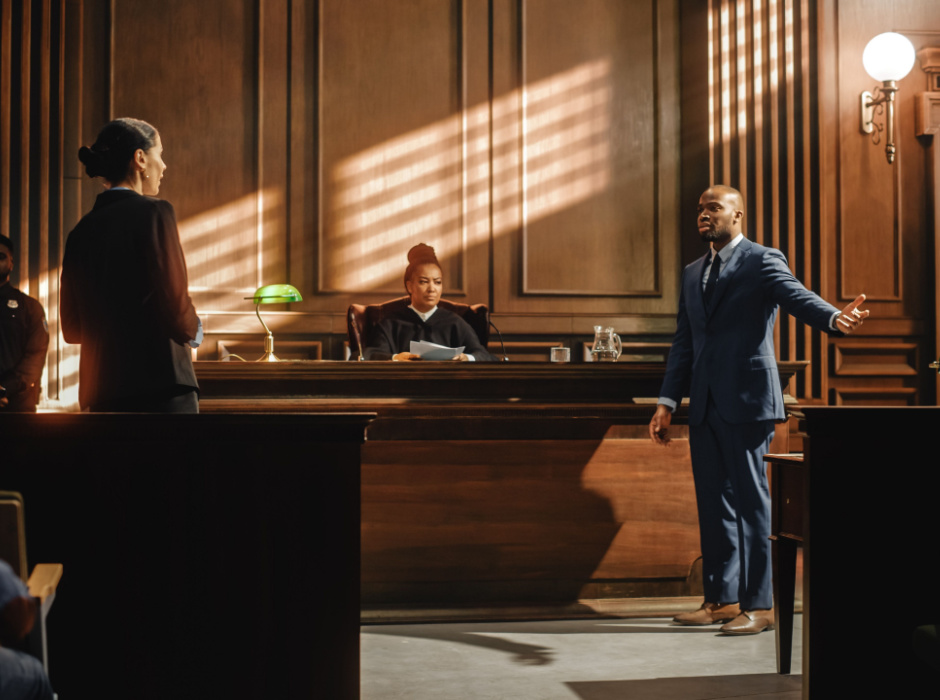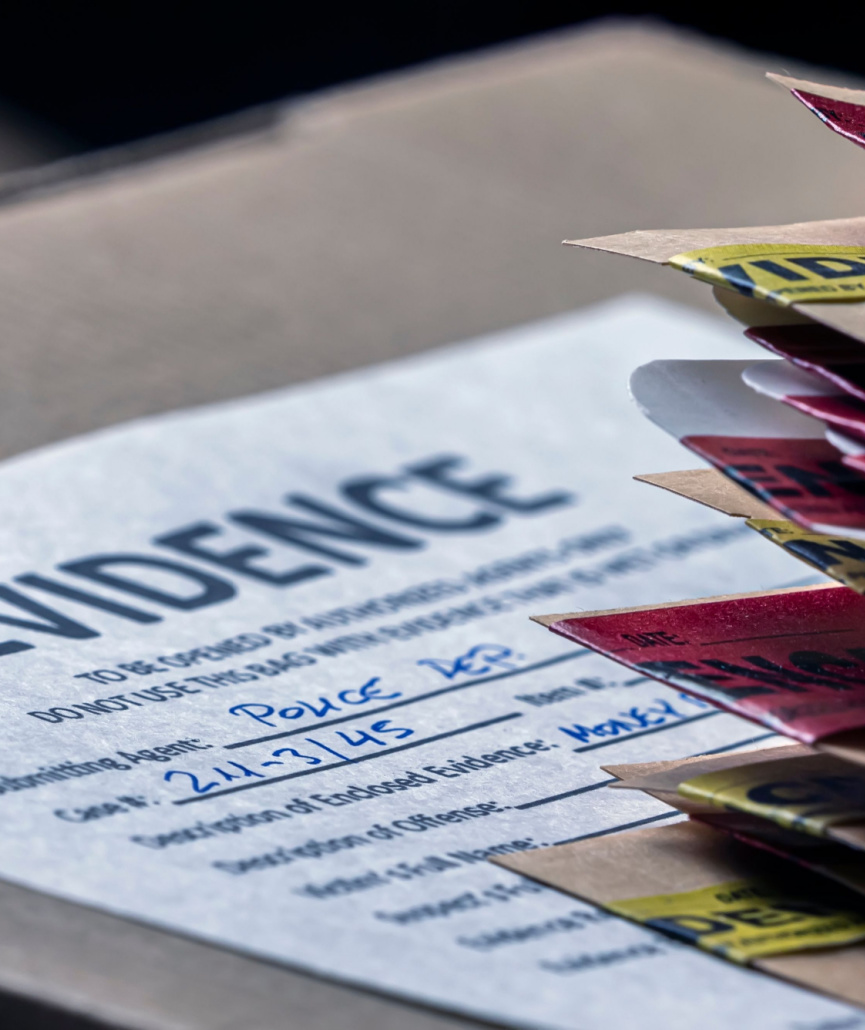
Stalking Laws in St. Louis and Missouri
While most people believe they have a good idea of what constitutes "stalking", it may not line up with what it is officially seen as in Missouri statutes.
Protect your rights and freedom with Combs Waterkotte. Contact one of our criminal defense lawyers today at (314) 900-HELP for a confidential consultation.
Here are some common questions our firm gets about stalking laws in Missouri:
- What constitutes stalking in Missouri? - Stalking is defined in Missouri law as when someone purposefully and repeatedly engages in an unwanted form of conduct that "disturbs" another person. "Disturbing" is defined as "conduct directed at a specific person that serves no legitimate purpose and that would cause a reasonable person under the circumstances to be frightened, intimidated, or emotionally distressed". This conduct must have occurred at least twice for it to be considered "repeated".
- What happens when someone calls law enforcement for stalking? - Missouri states that law enforcement must provide immediate aid to someone if they report someone stalking them and indicate that violence is either imminent or occurring, if someone has taken out an order of protection against the stalker, or if there has been a history of violence between the two parties in the past. If any of the above is true, the victim can be provided with transportation to a safe facility such as a shelter or medical center. They can also apply for a further restraining order if the case proceeds to trial.
- Are there different degrees of stalking charges? - Yes. First-degree stalking is, as its name would suggest, much more serious, and is only an applicable charge in a small number of situations. These include:
- if they made threats against the life and safety of a person, their loved ones, or a domestic animal
- if these threats violated a valid order of protection
- if it was an adult (21 years or older) threatening a minor (someone under the age of 18)
- if one of these actions was seen as a violation of probation or parole
- if the person accused of the threats has previously been convicted of domestic assault, violating a restraining order, or any other crime against the person accusing them
- if the person making the accusations is part of Missouri's address confidentiality program, and the accused knowingly attempted to access their whereabouts
Most other stalking charges are second-degree charges.
- Is stalking a felony in Missouri? - For a first-time offense, possibly. Second-degree stalking charges are a <class A misdemeanor, with a maximum penalty of one year in jail and a fine of no more than $2,000. First-degree stalking charges, though, are a class E felony, which carries with it up to four years in state prison. A repeat, second-degree stalking offender is also subject to class E felony charges. But if this is a repeat first-degree offense, or the person being stalked is either a law enforcement officer or their family member, it becomes a class D felony, with punishments that range from one year in county jail to seven years in state prison, plus a maximum $10,000 fine.


























